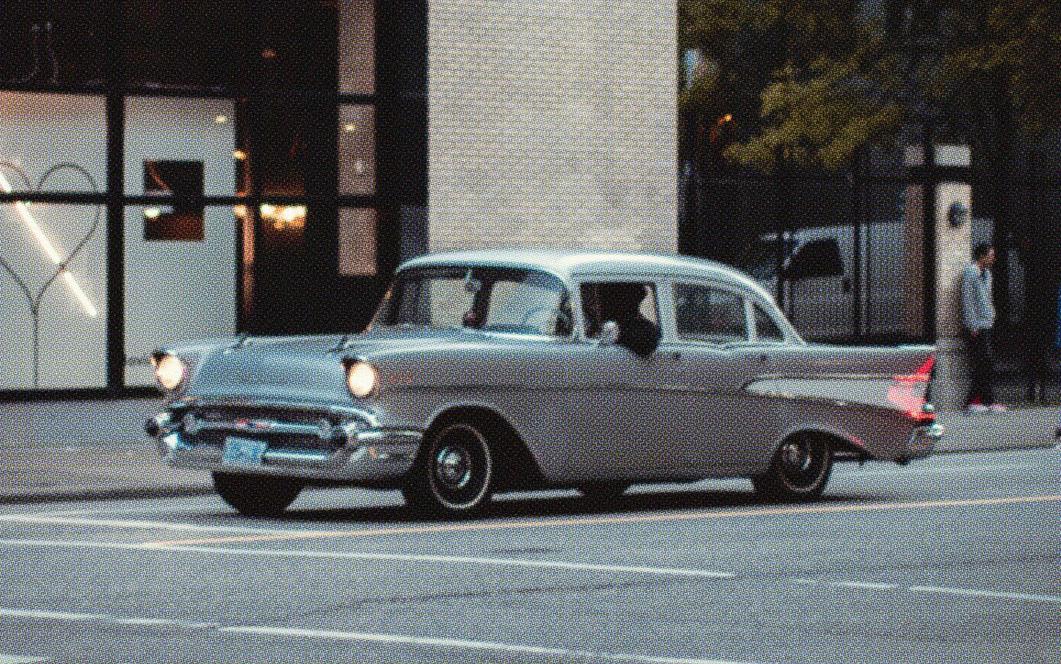4 min read
Why is it that some cars age like fine wine and others age like milk? Well, the honest truth is most cars tend to go the way of your average dairy product—the longer it hangs around, the less anyone wants it. But occasionally a certain model of car can become super valuable and some classic cars have sold for staggeringly high prices in recent years.
So what makes one old car desirable and another one a piece of junk? Here’s how to figure out if your junk car is gonna turn out to be a 1947 Cheval Blanc, or a sour carton of dairy.
What makes a car appreciate in value?
There are few factors that make a car go up in value. It needs to be rare. It needs to be popular. And it also needs to carry a certain amount of cultural cachet. That is, society needs to deem it something special. Sentimental value doesn’t count, unfortunately (but we know some cars will always hold a special place in your heart).
Cars can become culturally significant for lots of reasons. James Bond’s 1964 Aston Martin DB5 is a silver screen celebrity in its own right. Same story with Dominic Toretto’s 1968 Dodge Charger from the Fast and the Furious series. The VW Type 2 campervan is an icon of the hippie era. But it’s hard to predict which cars will pick up a cult following.
When a car is around 20 years old, it’s considered “classic”. And if it's the kind of model that people feel nostalgic for, then this will be the point when it could start to gain a bit of value.
But for the value to really jump up, it also needs to be rare. A mass-produced car you can still easily find is unlikely to gain value. But when a car is produced in small numbers for a short period of time, then it has a much higher chance of appreciating down the line.
Originality is an important factor too. When people are eyeing up classic cars, they often want to see the original paint job, find that vintage engine under the hood, and enjoy the same interior fittings. The more little details that have been preserved, the better.

What makes a car depreciate in value?
Not looking after it, for starters. Whether you’re dealing with classic cars or junk cars, the worse the condition, the less it will be worth. (Shocking, right? We know.) So take good care of your car and perform regular maintenance checks on it—especially if you want to resell it for a good price down the line.
As mentioned above, with classic cars, people are really looking for original features. So if those vintage components have been replaced with newer parts, then it could knock-down the price.
The truth is, few cars that live to see their 30th or 40th birthday sport enough performance, rarity, or popularity to trigger the nostalgia that drives auto collectors to pay top dollar.
But there’s no harm in checking if your old car could deliver a “classic” cash-in.
So maybe you’ll discover that your car is a collectible (and we’re really rooting for you!) but if it doesn't quite make the cut, we want you to think of Peddle. That’s because we’d love to buy your car, whatever it's worth. Just tell us the details and we’ll give you an instant offer. And hey, getting some quick cash for a junk car is a deal as sweet as any fine wine—vintage or otherwise.
Over 146k five-star reviews




























Frequently Asked
TOP NOTCH CUSTOMER SERVICE
HOW CAN WE HELP?
Smooth operators are standing by with answers so you can sell your car without a hiccup.






